The Asian Development Bank (ADB) decided to not finance the Kaptai floating solar power plant in Bangladesh, citing – among other factors – the inability of evicted tribal communities to return to ancestral lands upon construction of the plant. The Kaptai dam had been built by the government of Pakistan by evicting tribal communities of the area.
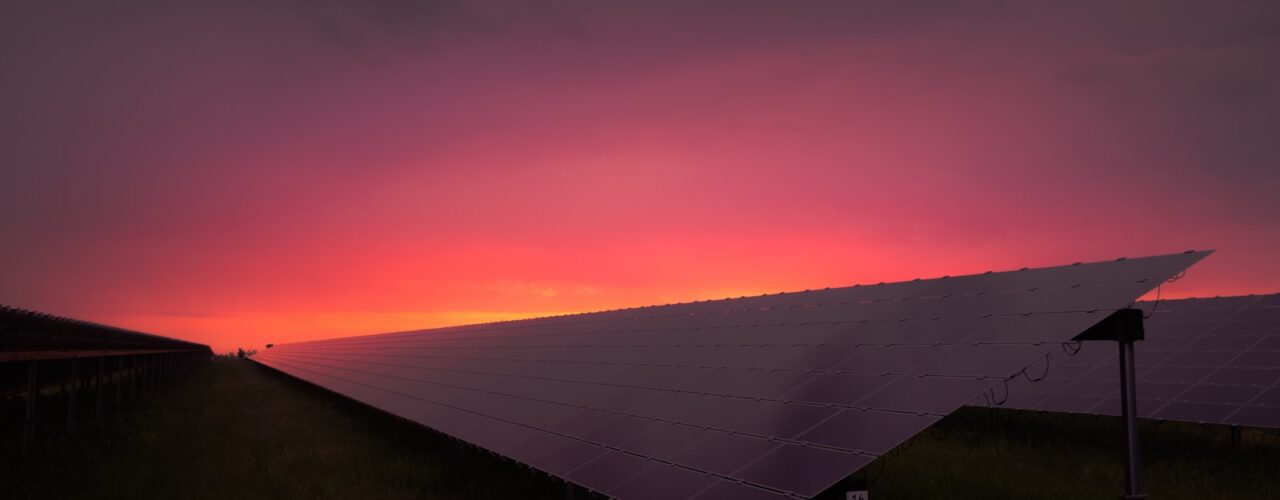
So what?
ADB highlighted the social and environmental effects of the project in its letter to withdraw from the financing of the project. The consideration of potential return of historical evictions is a sign that ADB is working towards an energy transition that is not just ‘renewable’ but also ‘just’.
ADB also mentioned the potential of metal release from the floating power panels and the dependence of the community on the lake for drinking water as reasons for not financing the project. While it is not clear whether these issues refer to shortcomings within this particular project or whether these are problems associated with floating panels in general, the greater consideration of potential harms is a positive step in achieving a just energy transition.


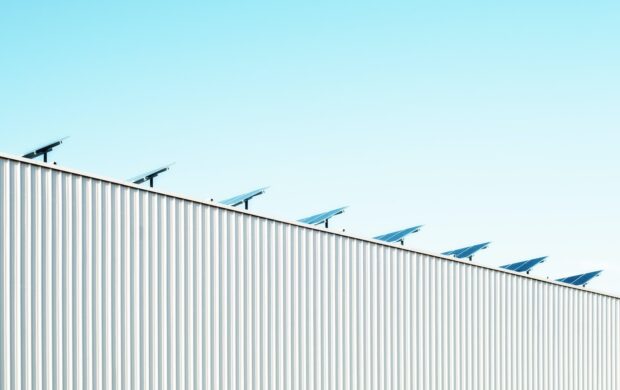
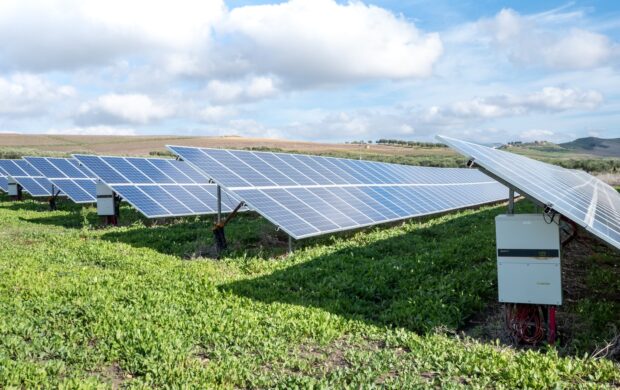
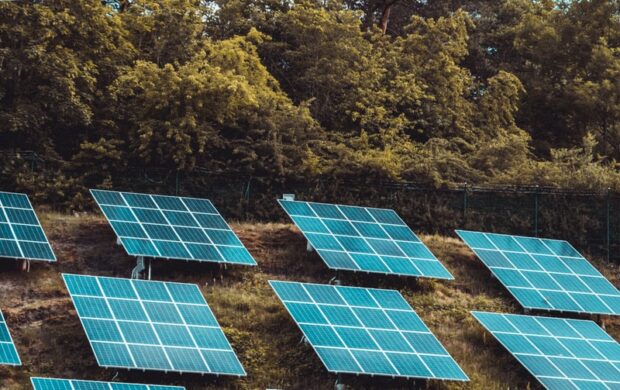
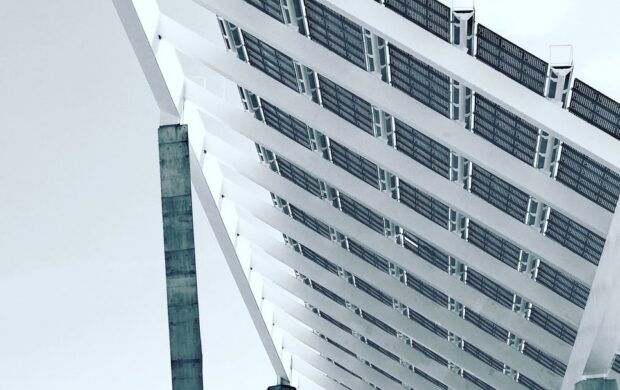
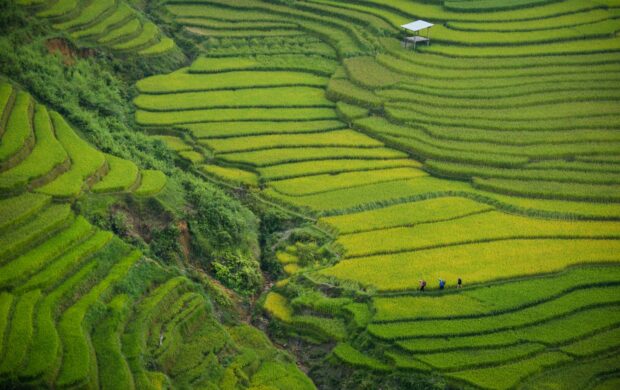
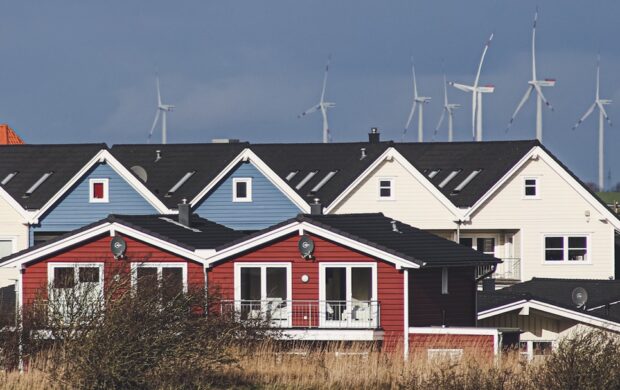
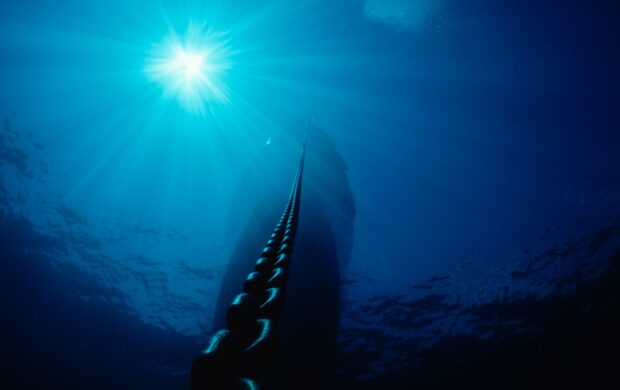
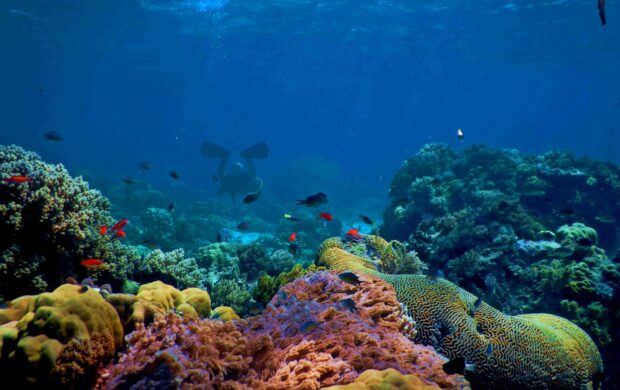
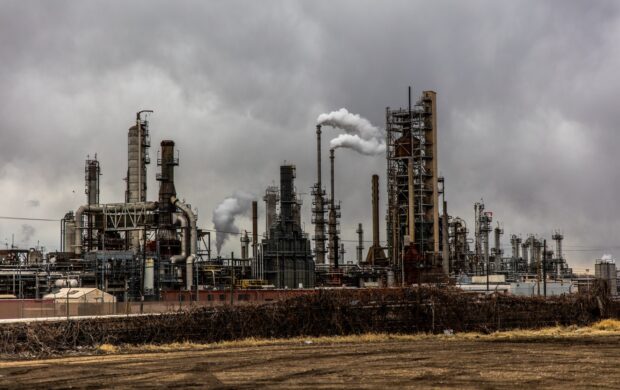
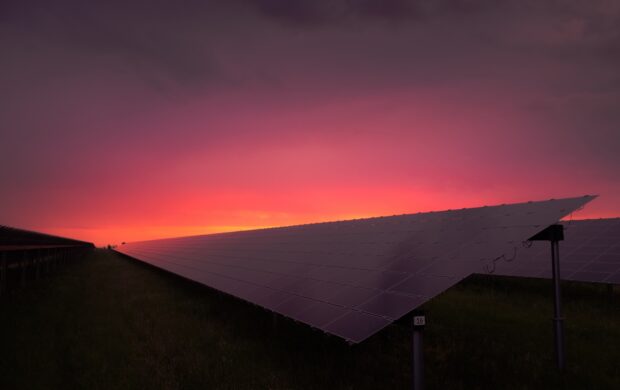
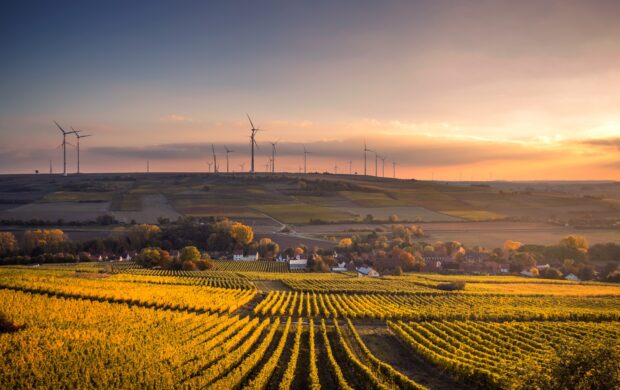
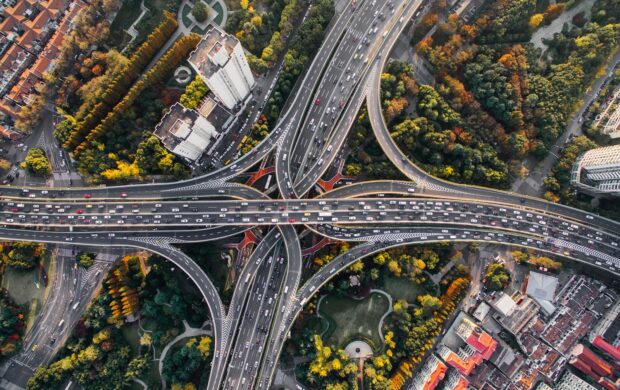
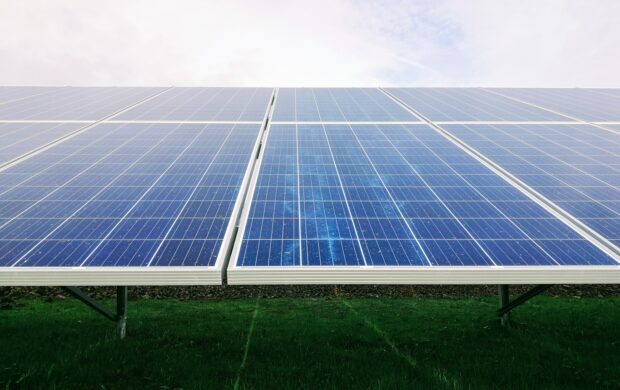
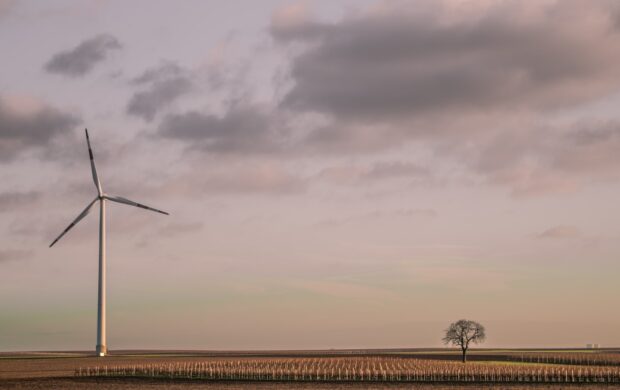
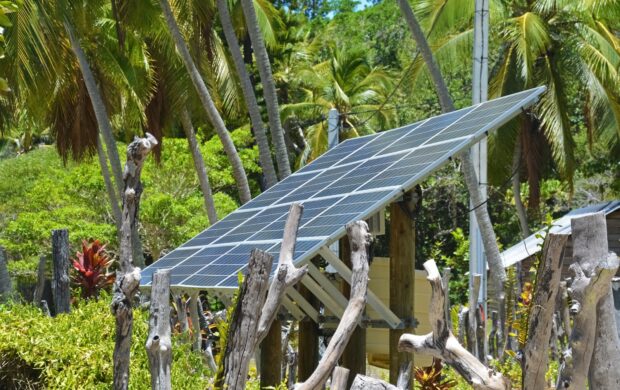
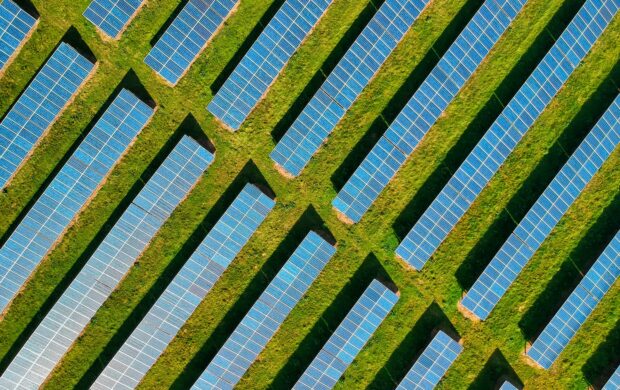
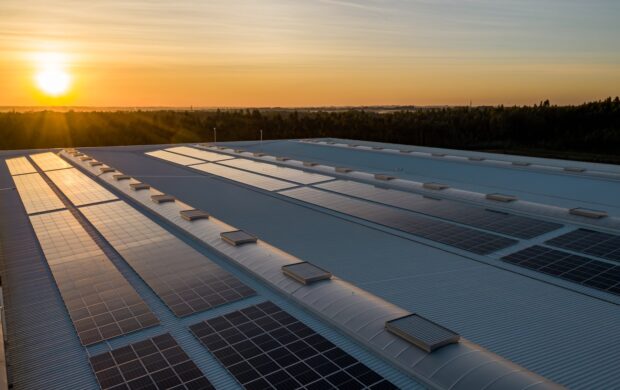
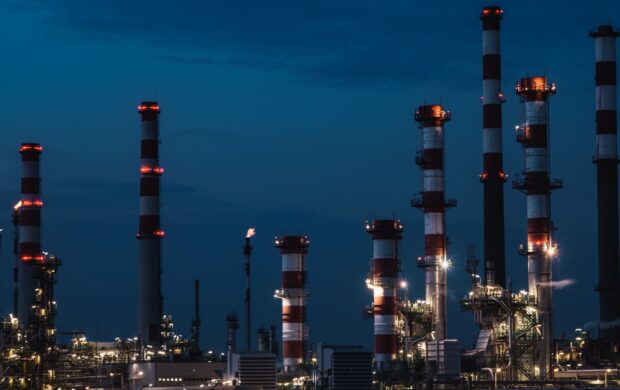
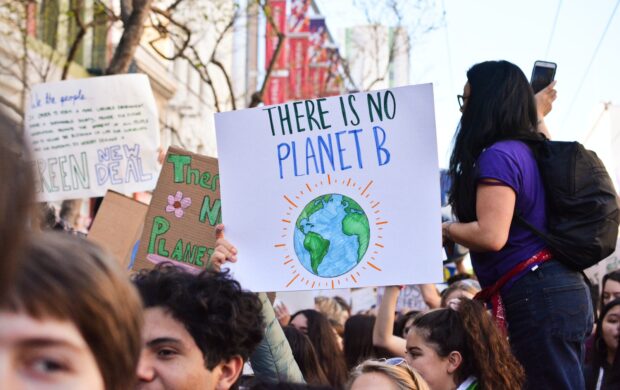
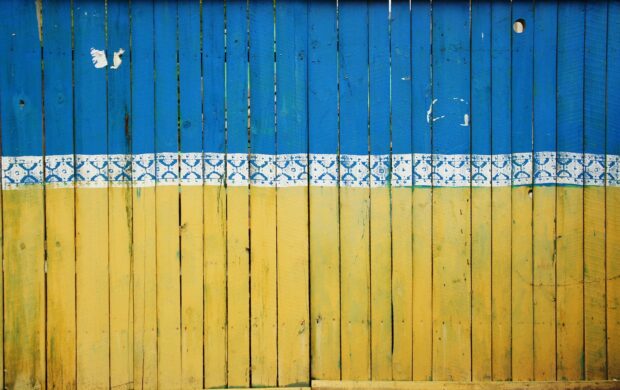

Join discussion